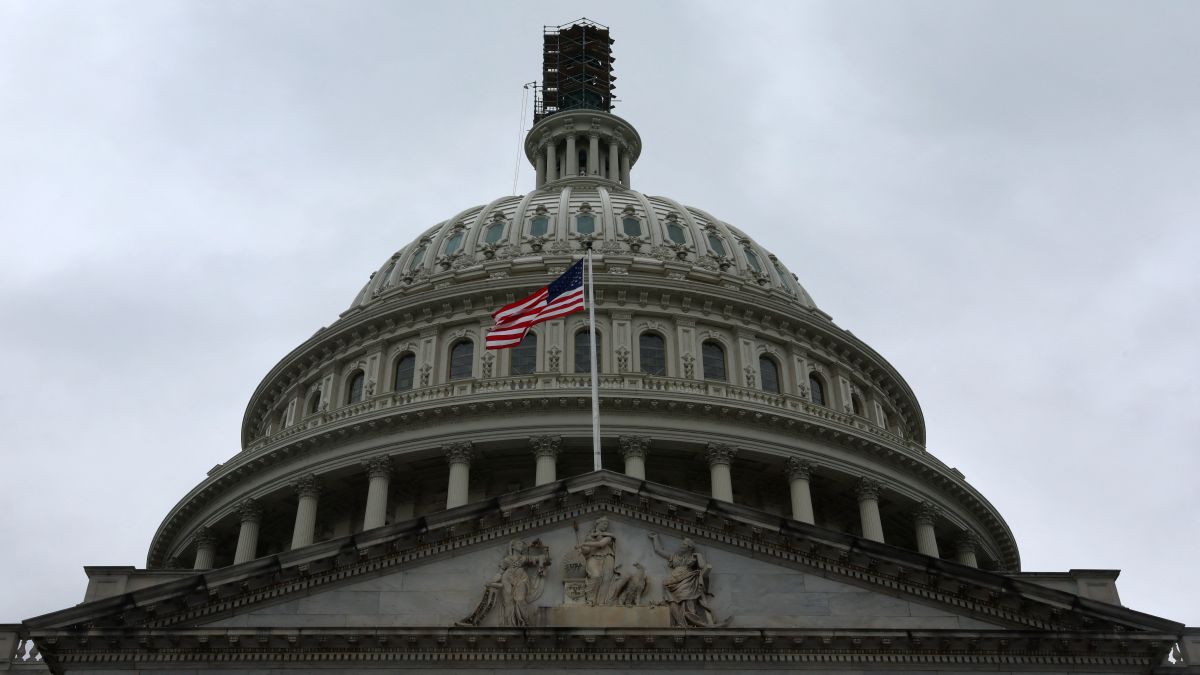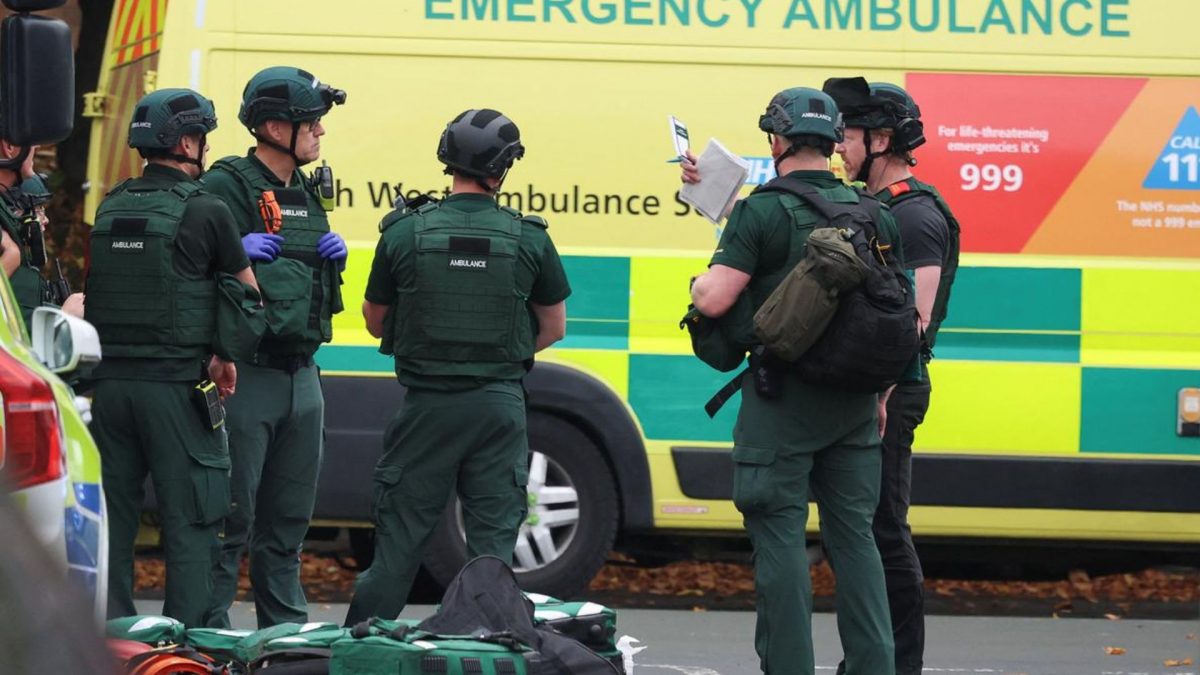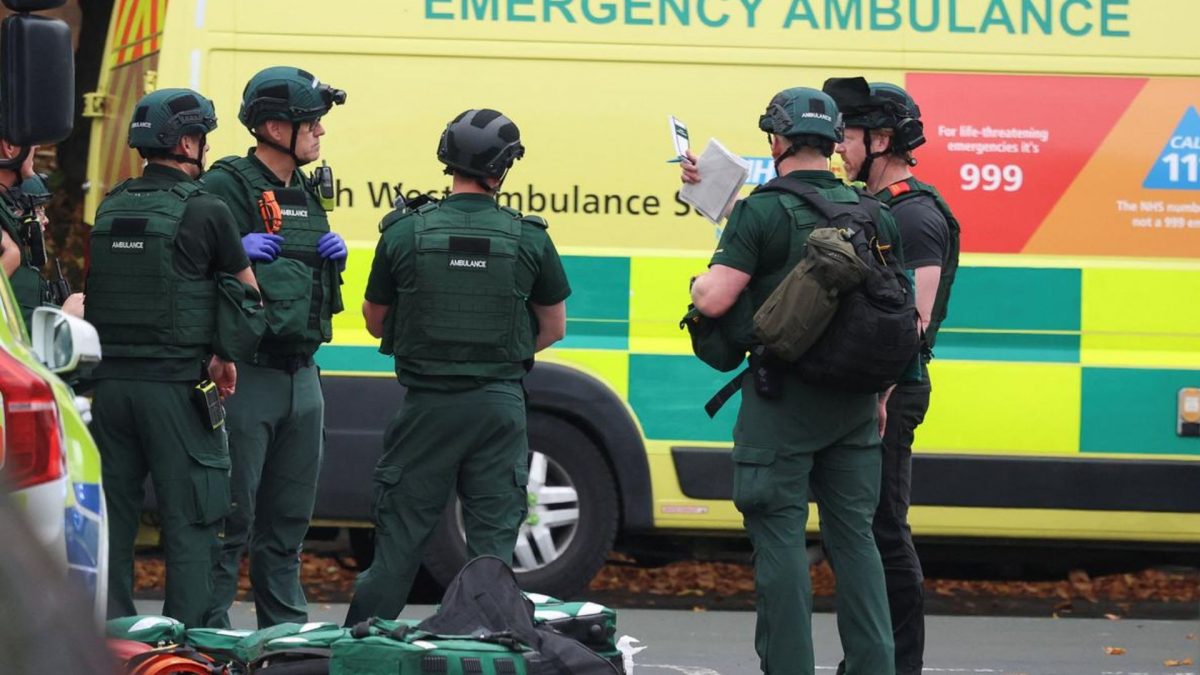Polish Prime Minister Donald Tusk has issued one of the starkest warnings yet to Europe, declaring that the war in Ukraine is “our war” and that a Ukrainian defeat would represent a collective failure for the West.
The statement came at a summit of nearly 50 European leaders in Copenhagen, come as drone incursions across the continent fuel fears that Moscow’s aggression could spill well beyond Ukraine’s borders.
Ukrainian President Volodymyr Zelenskyy reinforced Tusk’s message, warning that Russia is probing Europe’s defences and seeking to escalate the conflict. “The recent drone incidents across Europe are a clear sign that Russia still feels bold enough to escalate this war,” Zelenskyy said. “It was never just about Ukraine, Russia has always aimed to break the West and Europe.”
The Copenhagen gathering took place under tight security after mystery drone flights unsettled Denmark and amid a series of high-profile aerial incursions in Estonia and Poland. Zelenskyy warned that Russian drones violating NATO airspace highlighted the vulnerability of the entire continent.
“If the Russians dare to launch drones against Poland, or violate the airspace of northern European countries, it means this can happen anywhere,” he said, offering Ukraine’s war-honed expertise to help Europe strengthen its defences.
European leaders are now debating a “drone wall” along parts of NATO’s eastern flank and closer coordination with Ukraine to counter Moscow’s tactics. French President Emmanuel Macron argued for a stronger deterrence posture, saying drones crossing into European territory “can be destroyed, full stop.”
Romanian Prime Minister Nicosur Dan was more blunt, warning that his country would shoot down the next Russian drone that crossed into its airspace.
The heightened concerns come as Washington weighs deepening its support for Kyiv. According to US media reports, the Biden administration is considering providing Ukraine with intelligence to target Russian energy facilities, a step the Kremlin immediately denounced as proof of NATO’s direct involvement in the war.
Impact Shorts
More Shorts“The United States of America transmits intelligence to Ukraine on a regular basis online,” Kremlin spokesman Dmitry Peskov said, accusing NATO of helping orchestrate strikes.
Ukraine has already intensified its attacks on Russian refineries and energy infrastructure in recent months, disrupting oil processing and forcing Moscow to boost crude exports. Western officials argue the strikes are aimed at cutting off the Kremlin’s revenue, which helps finance the war.
Meanwhile, U.S. President Donald Trump has grown increasingly frustrated with Russian President Vladimir Putin’s refusal to accept a ceasefire, even after hosting him in Alaska earlier this year.
The White House has so far avoided publicly endorsing Ukrainian strikes on Russian territory but is weighing Kyiv’s request for long-range Tomahawk cruise missiles, which could reach Moscow and other parts of western Russia if launched from Ukraine.
Moscow has repeatedly warned of retaliation. Putin has threatened to target military facilities in NATO countries that allow Ukraine to use their missiles against Russia and hinted at positioning Russian missiles closer to Western Europe.
For leaders like Tusk, the stakes could not be higher. His warning in Copenhagen underscored a growing recognition across Europe that Ukraine’s battlefield fortunes are tied to the continent’s own security.
“If Ukraine loses, it means our failure,” he said. The message resonated in a Europe where Russian drones already test NATO airspace and where the war, far from being contained, increasingly threatens to redraw the security map of the continent.
With inputs from agencies


)

)
)
)
)
)
)
)
)



